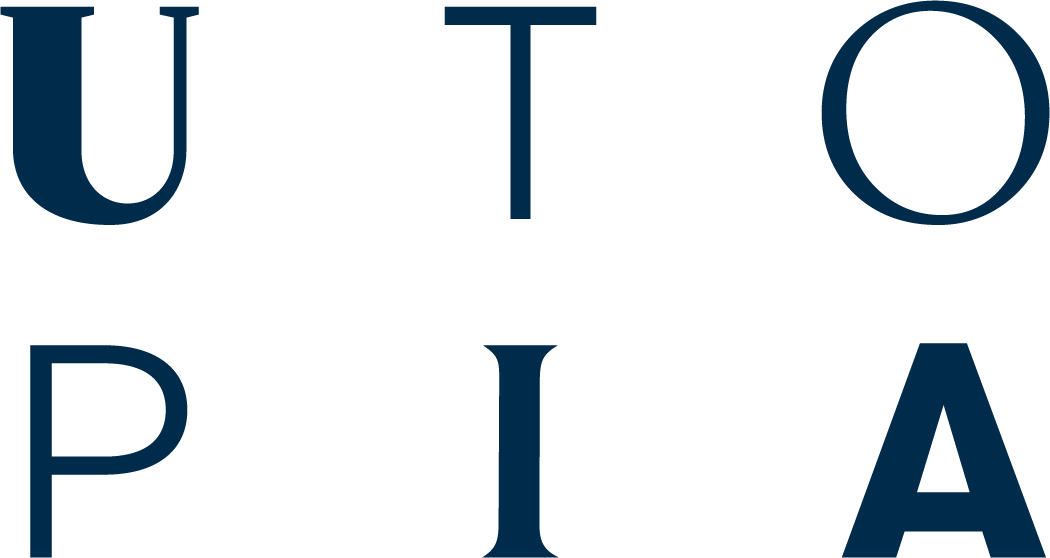What the USA’s Decision to Overturn Roe v. Wade Abortion Rights Means for Your Teams
Several years ago, I attended an event about abortion at Samford University, a Christian university near Birmingham, Alabama. My colleague, Dr Elizabeth Baker was presenting the abortion pro-choice point of view to an enthusiastically pro-life audience. During the Q&A, a student asked if there is anything that would ever make Dr Baker become pro-life. She gave a brilliant response. She said that as a scientist she bases her opinion on evidence. And decades of evidence overwhelmingly showed that access to abortion results in significantly better outcomes for both pregnant people and society. Until the data changed, neither would she change her stance.
What does the evidence say?
I share this story in the aftermath of Roe v Wade being overturned and millions of Americans losing their federally protected right to abortion and bodily autonomy because common rhetoric about abortion often focuses on ideology rather than facts. Data consistently shows that the majority of Americans believe abortion should be legal and that there are evidence-based, positive physical, mental health and economic outcomes for people who are able to access abortions and negative outcomes for those who are denied.
On a macro-level, there are clear and measurable correlations between unrestrictive abortion legislation and societal improvements in economic development and public health and evidence from across the globe shows that restrictive abortion legislation is not associated with lower abortion rates, but rather, a sharp decrease in the likelihood of abortions being safe.
This doesn’t affect my teams … does it?
The ripples from the Dobbs v Jackson Women’s Health Organization decision reach far wider than just the direct issue of abortion. The Supreme Court’s ruling that abortion is no longer protected by the implicit right to privacy granted in the 14th Amendment has dire implications for other human rights linked to this section of the constitution. Justice Thomas’ written statement regarding the Court’s decision clearly indicated that the right to contraception, gay marriage, and engage in same-sex sexual behaviour should be reconsidered.
“When America sneezes, the world catches a cold.”
People in your organisation, and specifically, women, non-binary persons, and members of the LGBTQ+ community are likely to be concerned about what this means for the future of global human rights. The Dobbs decision will also disproportionately affect racially minoritised persons and those who are economically disadvantaged, and thus it is important to consider how those who embody multiple marginalised statuses are uniquely impacted.
We can see some of these ripples surrounding the erosion of human rights taking place in other parts of the world. Though they may not be in direct consequence to Roe v Wade, they highlight that the erosion of human rights can happen anywhere at any time and our role as leaders is to not be caught sleeping. An example of this in the UK is the government is seeking to reform the Human Rights Act which could lead to reduced human rights protections, particularly for groups with protected characteristics whose ability to enforce their rights has historically been threatened. For example, in 2020 it was suggested that COVID patients with learning disabilities were automatically labelled ‘Do Not Resuscitate’ – without any prior consultation.
What can Businesses do?
Businesses such as Patagonia and Live Nation are providing bail for employees arrested while protesting Dobbs, and others such as J.P. Morgan, Netflix, Mastercard, Apple, Disney and Tesla are providing travel grants for employees to access out of state abortions.
Employees and consumers expect action from businesses. We recommend to:
Clearly communicate your commitment to human rights and support of American and marginalised colleagues.
Implement consistent policies across all markets relating to abortion as well as LGBTQ+ rights which are likely to be eroded in subsequent US Supreme Court decisions. This decision can feel far away to those of us based and working in EMEA and AsiaPac. But as many have stated - this sets a precedent which simply cannot be ignored.
Take time to understand what this means for your people’s health and wellbeing as well as for your inclusion strategies and policies.
Watch the 30 minute Towards Utopia Breakfast Briefing
The evidence shared in this blog summarises that discussed by Dr Adrienne Milner in a Towards Utopia Breakfast Briefing. You can watch the full 30 minute session below. These Briefings are a useful, invite only, resource for anyone working in or interested in Inclusion and Diversity.

